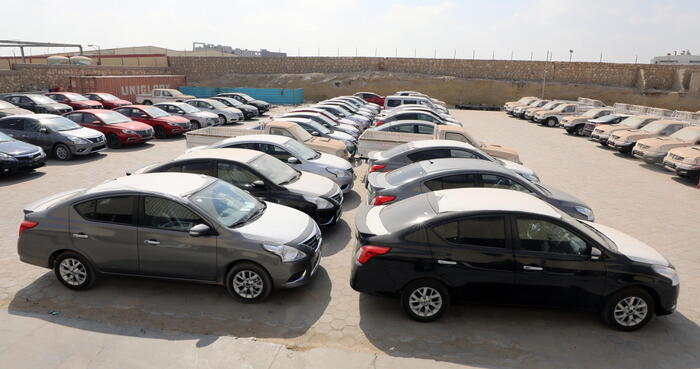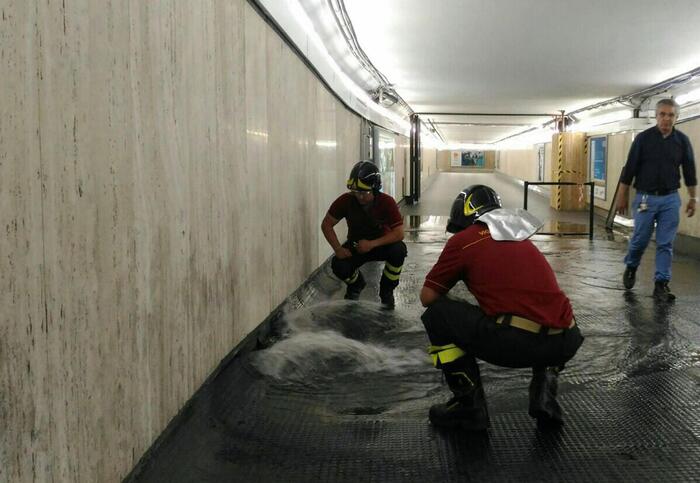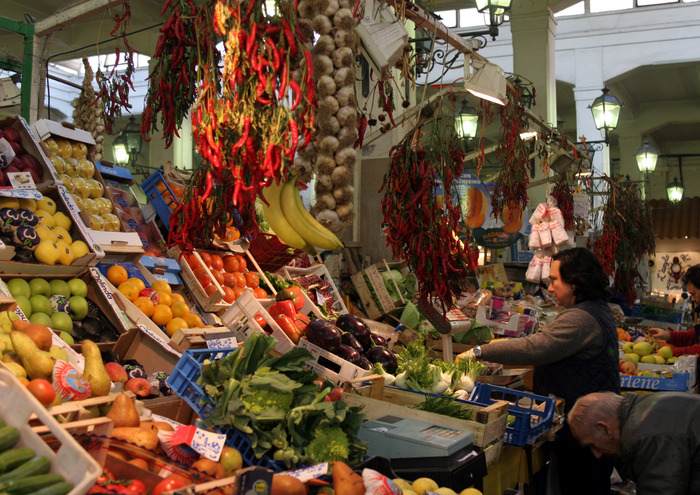Among the major European economies, in 2022 Italy recorded the worst result for registered cars: they were 1,316,702, down by 9.7% compared to 2021. Followed by France (-7.8%) and Spain (-5.4%).
On the other hand, Germany is positive, with +1.1%.
These are the data released by the association of European car manufacturers (Acea).
Overall, 9,255,926 cars were registered in the European Union last year, down by 4.6% compared to 2021 "mainly due to the impact of component shortages during the first half of the year".
This is the third annual decline in a row in the EU.
In this context of challenges for the auto industry, the response of the EU institutions is of fundamental importance.
We need a coherent, fact-based and concerted regulatory framework". This is the appeal launched by Luca de Meo at his first press conference as CEO of the association of European car manufacturers (Acea). In a letter to EU leaders to the on the eve of the communication on the green industrial plan to respond to the US inflation law (IRA), de Meo warns against the request for the automotive industry to cut emissions by 100% by 2035, "a far greater effort" than the other sectors.
"A European industrial policy is needed to be able to balance the global effects of American anger and we would be happy to give our contribution because I think that if the industry said what should be done, the plan would be more effective", explains the president of Acea talking to reporters.
"The value chain of electric vehicles is completely different from that of combustion engines - underlines de Meo -. Companies are already investing but it is clear that this transition will take some time".
In the document addressed to EU leaders, the president of the car manufacturers highlights how Europe is "now the only geographical area that abandons technological neutrality as a pillar of its regulatory framework. Considering it in the light of the decarbonisation objective,
For De Meo, "the Euro 7 proposal" of the EU Commission "would force manufacturers of light and heavy vehicles to invest billions of euros in engine and exhaust after-treatment technology for minimal environmental gains" and "would expose us to harmful impacts industrial, economic, but also political and social".
"The" EU "policies and regulations should support the objective" of decarbonisation considering "the specific rhythms of industry, research and investments" and "this is unfortunately not the case", underlines the president of Acea.
The EU proposal, he explains, involves "transferring significant engineering and financial resources from battery and fuel cell electric vehicles to the internal combustion engine" when "
these funds could be better used for zero-emission technologies that will not only address CO2 emissions, but also pollutant emissions.
According to the president of EU manufacturers, the text, in its current form, "could lead to the closure of at least four plants in a short period of time for a car manufacturer like Renault".
In Europe, he adds, "there is a significant risk of jeopardizing the jobs of up to 300,000 people if the transition is not managed well" and "this once again highlights the need for coordination between governments and the industry".
According to the president of EU manufacturers, the text, in its current form, "could lead to the closure of at least four plants in a short period of time for a car manufacturer like Renault".
In Europe, he adds, "there is a significant risk of jeopardizing the jobs of up to 300,000 people if the transition is not managed well" and "this once again highlights the need for coordination between governments and the 'industry".
According to the president of EU manufacturers, the text, in its current form, "could lead to the closure of at least four plants in a short period of time for a car manufacturer like Renault".
In Europe, he adds, "there is a significant risk of jeopardizing the jobs of up to 300,000 people if the transition is not managed well" and "this once again highlights the need for coordination between governments and the 'industry".








